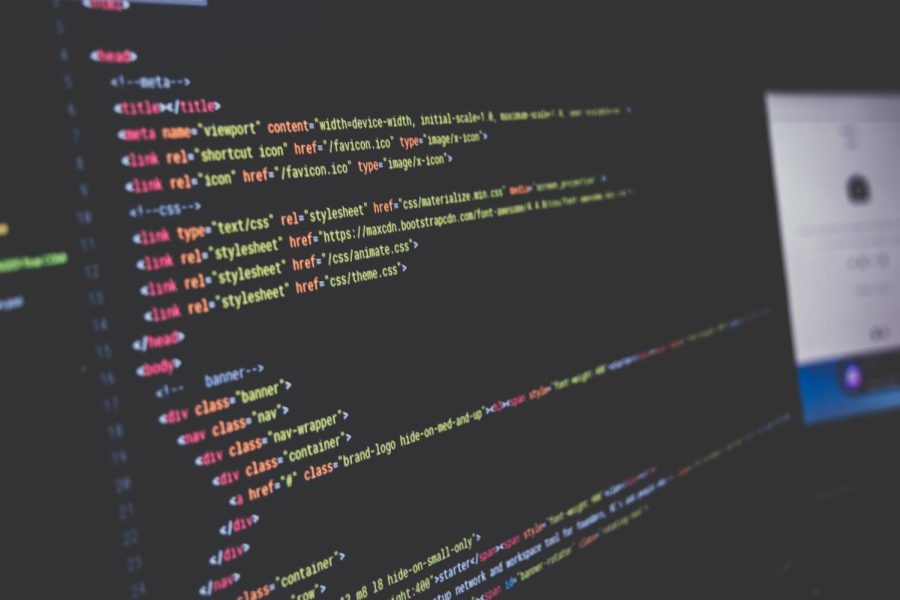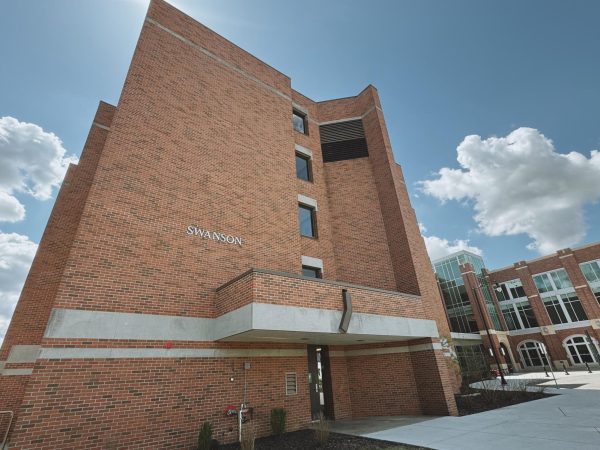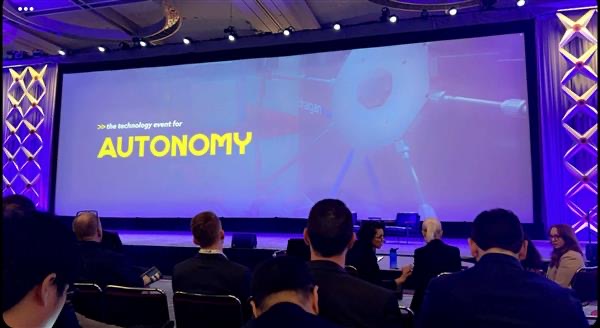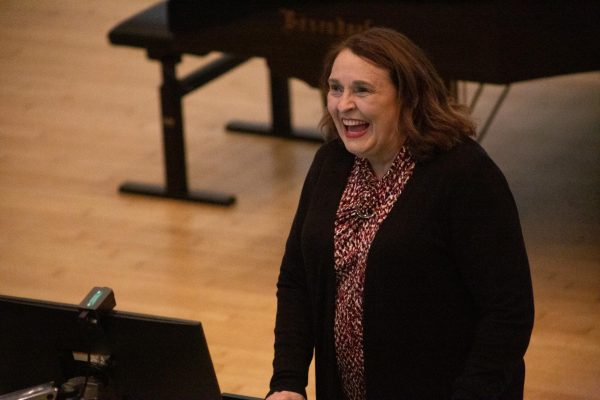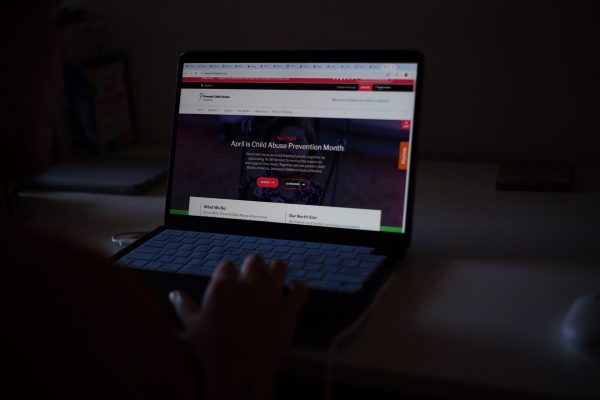ChatGPT and What It Could Mean for Education
February 8, 2023
Schools have been abuzz lately with the highly controversial topic of artificial intelligence, especially surrounding the recent release of the popular ChatGPT software. The software, created by a research and deployment company known as OpenAI, is currently free to use and has powerful capabilities. Input any prompt or question and it will create highly intelligent, detailed answers. The software output is not perfect, but its ability to quickly generate in-depth responses to complicated questions has many wondering about its possible effects on education.
Schools especially are closely monitoring the new software as its ability to rapidly respond to prompts and even to craft entire essays makes it a tempting tool for cheating. The New York City Department of Education has already banned the use of ChatGPT by blocking the website on devices connected to the network. Teachers everywhere are considering the ramifications of the software and are asking important questions regarding its use in the classroom. Most importantly, many want to know if there is a way to tell for sure that something was written or generated by ChatGPT.
As of right now, there is no perfectly accurate way to differentiate between human-generated and AI-generated content. Several tools are in the works to detect if something was generated by an AI, such as ChatGPT, but it is important to note that none of these detectors can claim to be one hundred percent accurate in discovering AI-generated material. Most can only suggest whether it is likely or not likely that AI wrote the text. Personal judgement and knowledge of students’ skills and abilities in tandem with these detectors is the best way to discover possible plagiarism or cheating.
OpenAI has addressed educational concerns regarding the software in a section of their website titled “Educator Considerations for ChatGPT.” On this informational webpage they outline what ChatGPT is and how it may affect education. The page begins by highlighting how teachers may benefit from the use of the software, outlining how they may use it to help with their work or integrate it into classroom teachings, rather than writing it off as solely a tool for cheating. However, it also addresses the possible use of the software for dishonest purposes. OpenAI provides a detection tool, AI text classifier, but admits that it can be evaded by slightly changing some words or phrases and, like others, is not one hundred percent accurate.
Additionally, OpenAI also warns students against relying on ChatGPT to do their homework for them, citing that the software itself is not always accurate and could present arguments or ideas that are poorly written or contain incorrect concepts. They claim that it is likewise limited in its awareness of current events, and though it may present ideas clearly and confidently, these ideas may not be truthful, useful, or up to date.
There is no doubt that ChatGPT, and the several other AI software programs that will follow it, will dramatically change the face of technology and how humans use it. Whether these programs will cut back on work by taking some of the mental load from humans or only add to those whose job it is to ensure authenticity and security, is as of now uncertain. Either way, schools are in the unique position of having to create a precedent for the use of AI in the classroom. New rules and regulations must be created, and finding ways to enforce them accurately will include many new challenges. However, the new software also poses the possibility for new ways to teach and new ways to learn, as OpenAI points out. Advancements in technology can create fear and uncertainty, but they can also create incredible opportunities. ChatGPT and other forms of AI are constantly evolving, and while it is important to consider the possible negative effects, it is also worthwhile to consider what good they can do. There are pros and cons to all forms of technology and ChatGPT is no exception.
For more information, see OpenAI’s “Educator Considerations for ChatGPT” at https://platform.openai.com/docs/chatgpt-education
Gabrielle Bossart is a Dakota Student Section Editor. She can be reached at [email protected].


